Kidney deaths inquest: No criticism over transplant deaths
- Published
The men's families say they do not feel they have been believed by the coroner
The surgeon who gave two transplant patients kidneys which were later found to be infected with parasitic worms, cannot be criticised for accepting the organs, a coroner said.
Robert "Jim" Stuart, 67, and Darren Hughes, 42, were given kidneys infected with meningitis-causing worms in 2013.
Both died following the operations at Cardiff's University Hospital of Wales.
After the hearing, a solicitor for their families said they were investigating civil negligence claims.
"Our family has been left completely devastated," said Mr Stuart's widow, Judith, in a written statement, external.
Assistant Coroner Christopher Woolley gave a narrative conclusion at the end of the inquests on Thursday.
He ruled that both men died due to the unintended consequences of necessary medical intervention.
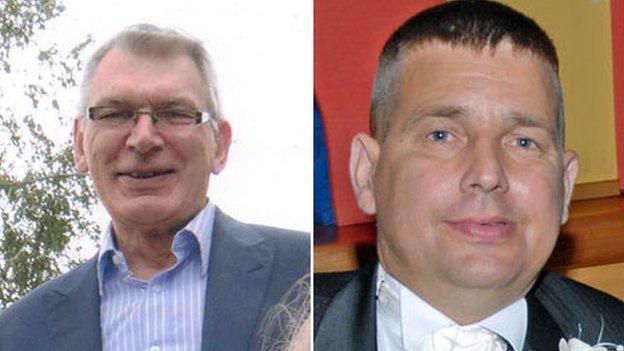
Robert Stuart, 67, and Darren Hughes, 42, died after receiving kidney transplants
Mr Woolley said there was no failure in the decision of surgeon Argiris Asderakis to accept the kidneys from a donor who had died of meningitis because he had looked at the "relevant facts".
During the inquest it emerged the kidneys had been declined by others but the coroner said it was not unusual for one hospital to accept organs after they have been refused elsewhere.
Speaking outside Cardiff Coroner's Court, solicitor Julie Lewis said patients have to be fully informed and more involved in decision-making, and they have to understand the risks and benefits.
"The families are very keen to get across to the public that the underlying issue here is this was an incredibly rare experience. People shouldn't be put off transplantation," she added.
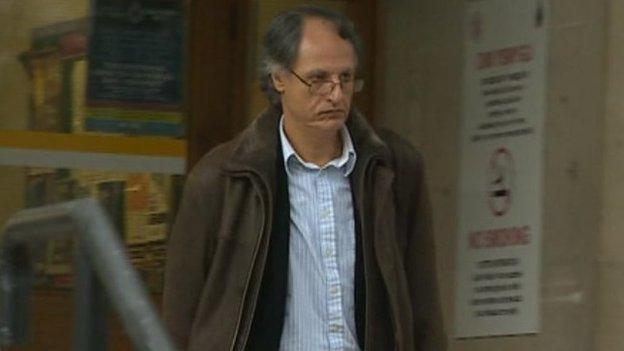
Earlier in the inquest Argiris Asderakis said he wished he could 'turn the clock back'
Prof Christopher Watson, who had rejected the donor organs, was part of a three-person panel asked to review the case.
He told the hearing no one could have foreseen the outcome because the parasitic infection was incredibly rare.
Mr Stuart, 67, and Mr Hughes, 42, died of meningitis two weeks after receiving the transplants.
The cause was only established once post-mortem examinations were carried out on Mr Hughes' and Mr Stuart's bodies.
Experts want to improve the information given to patients
The inquest previously heard both patients had been told the donor had meningitis when he died, something relatives of the men disputed.
After the hearing, NHS Blood and Transplant (NHSBT) service issued a statement online, external, describing the case as "sad and unique" but adding that it is "not uncommon for organs from donors with meningitis or encephalitis of an unknown cause to be transplanted".
It said an audit showed 52 donors with encephalitis or meningitis of an unknown cause across the UK had donated 159 organs in the 10 years to 31 March 2013 which were transplanted with no transmission of infection.
Cardiff and Vale University Health Board said it has improved its process when seeking consent from patients and their families to undergo transplant after commissioning a report to see if lessons could be learned, external.
Two senior clinicians will now have to agree to accept an organ for use rather than one as had been the case previously.

Halicephalobus parasite
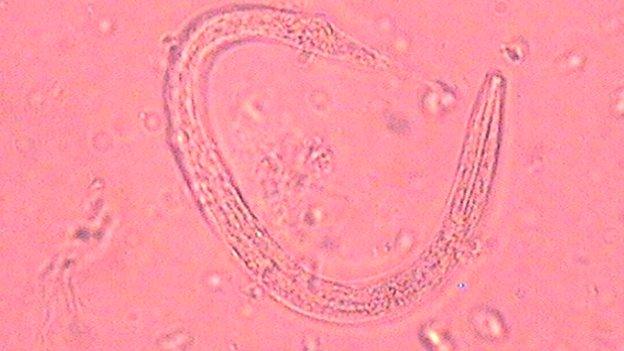
The donated kidneys were infected with a parasitic worm
The parasitic worm halicephalobus lives in soil, manure and compost
It infects animals and humans, but this is still incredibly rare
There have been only a handful of cases in humans since the infection was first described in 1954 by a researcher called Stefanski
It is unclear how the worm gets into the body - it could be by ingestion of its eggs or it entering through a break in the skin
Once inside, it can multiply and invade tissues such as the brain and kidneys
Doctors diagnose it by looking at tissue samples, but since it is so rare it is not something that will be top of their check list
The problem may only become apparent after a post-mortem examination

- Published4 December 2014
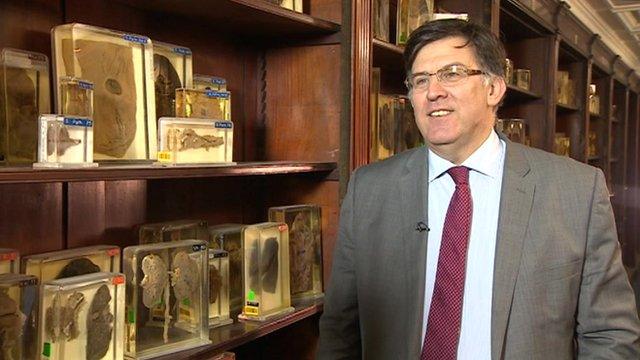
- Published4 December 2014
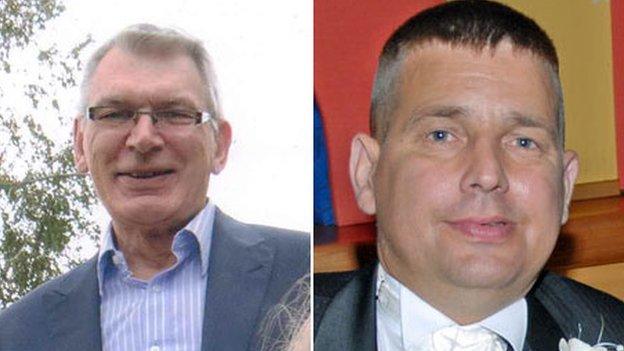
- Published3 December 2014

- Published19 November 2014
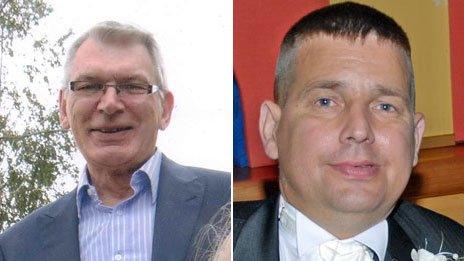
- Published18 November 2014

- Published14 November 2014
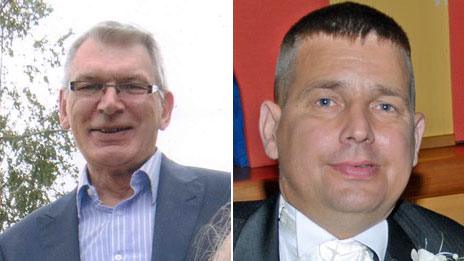
- Published24 November 2014
